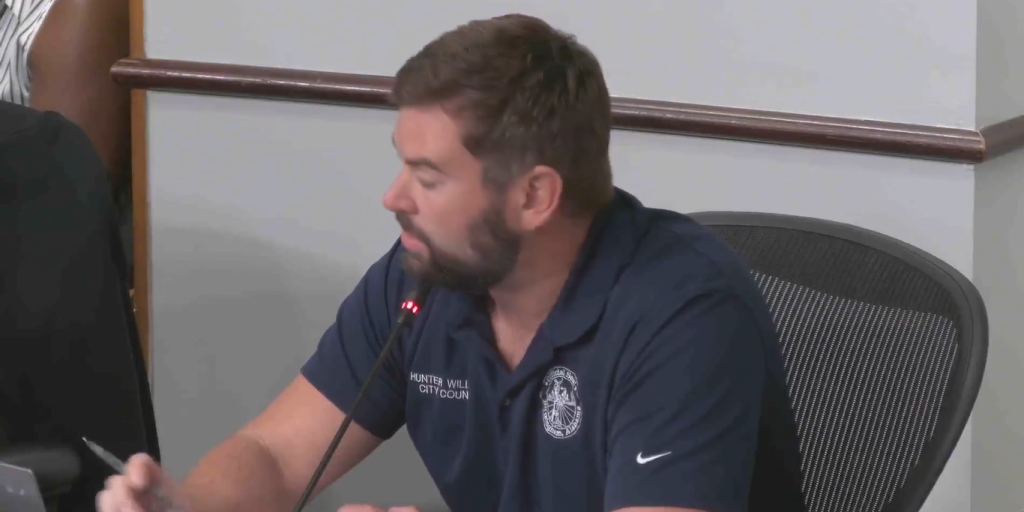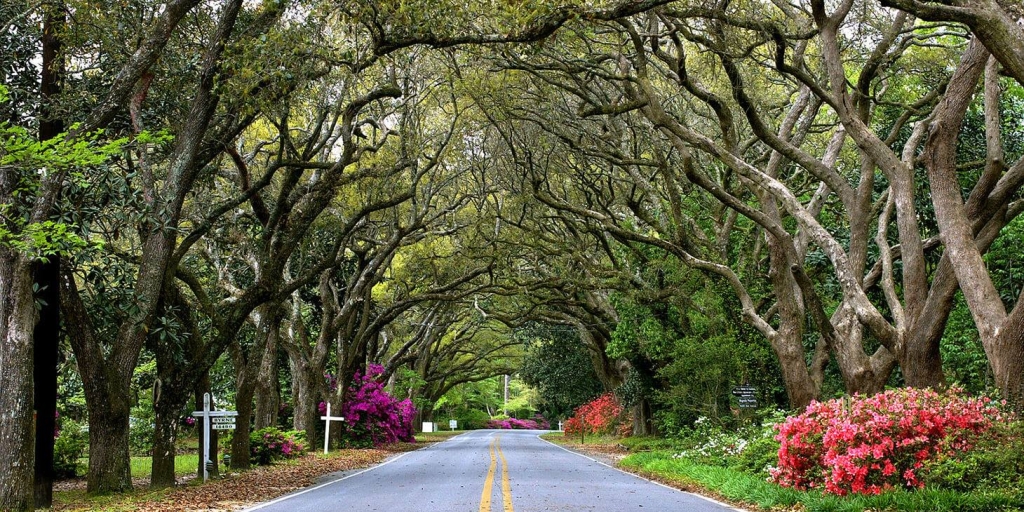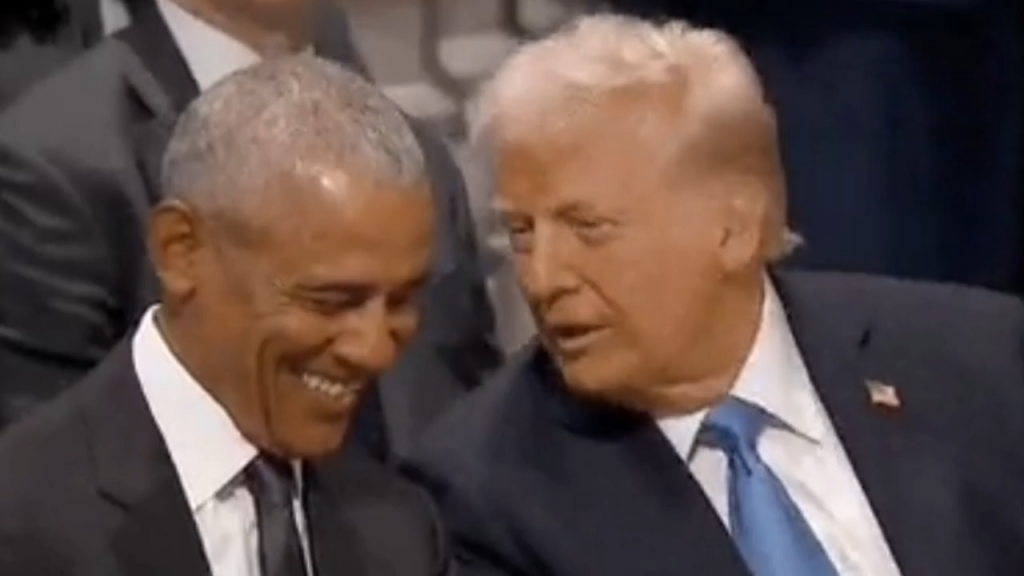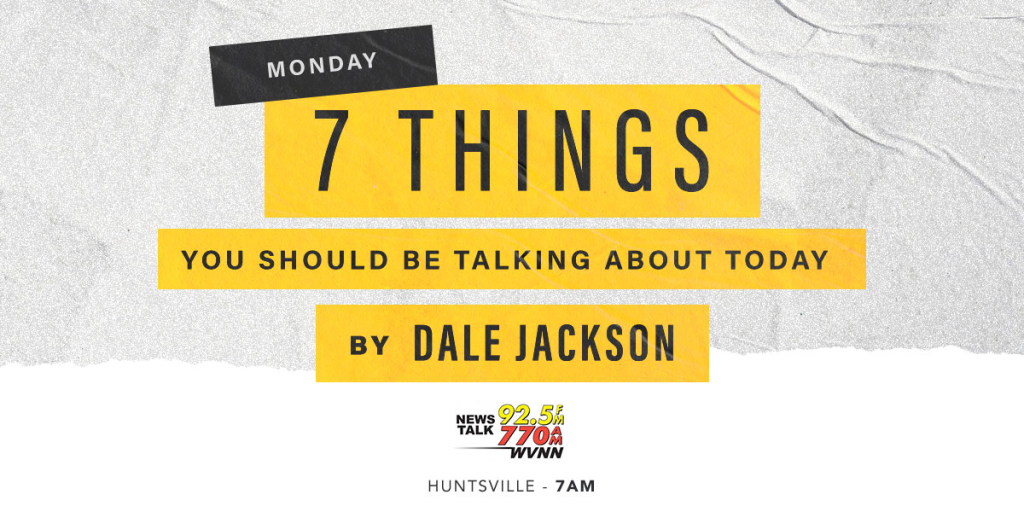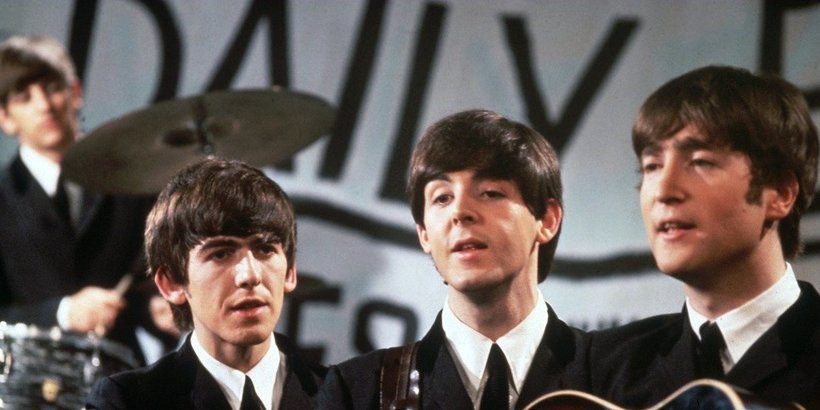
(h/t J. Willoughby)
The year was 1966. John Lennon had just made his infamous “more popular than Jesus” comment. The outrage that followed may have started in Birmingham, Alabama.
The history of The Beatles can usually be divided into two categories: the early pop years when they toured the world at the height of Beatlemania, and the later psychedelic years that were plagued with tension and extensive drug use. The break between those two eras is normally described as the beginning of the end for the group, and Alabama may have played a small role.
In 1966, The Beatles were on their final world tour. During an interview with The Evening Standard in England, John Lennon made the infamous “more popular than Jesus” statement. The full article quoted Lennon as saying, “Christianity will go. It will vanish and shrink. I needn’t argue about that. I’m right and I will be proved right. We’re more popular than Jesus now. I don’t know which will go first – rock ‘n’ roll or Christianity.”
Lennon’s quote went viral before “going viral” was even a thing. The quote first caused controversy in England, but more as a reference to young people leaving the church. The story was reprinted in an American magazine four months later, just as The Fab Four were beginning their final tour of the US. This time, Lennon’s comment caused an outrage.
The outrage was birthed in Birmingham, Alabama by a young DJ named Tommy Charles.
As the morning DJ for the WAQY radio station, Charles would start his day by looking for stories he could rant about on his show. One day he found Lennon’s “more popular than Jesus” comment, so he took it and ran with it. Charles made the bold declaration that WAQY would no longer play Beatles records; instead he would hold a bonfire and everyone was invited to burn their albums.
A reporter for the Associated Press happened to be in Birmingham when Charles made his declaration, so he wrote a story about WAQY’s Beatle Boycott. From there, anti-Beatle fever exploded. Radio stations all over the country (but mainly in the South) vowed to never play Beatles music ever again.
As The Beatles arrived in the US, they could not escape questions about Lennon’s comment and even received death threats during their tour. The Beatles’ performed their final concert on August 29, 1966 in San Francisco.
After that, The Beatles never toured again. They continued to release music that many say was some of their best (“Sgt. Pepper,” The White Album, “Abbey Road”), but the band was never the same. Tensions were always high, especially between John Lennon and Paul McCartney. Yoko Ono entered the picture and much of the blame for their break up fell on her. The Beatles broke up for good just a few years later.
There are a number of reasons why The Beatles broke up, and Tommy Charles just happened to contribute to one of the early cracks. Charles never even read the whole article where Lennon made his comment, he just took the “more popular than Jesus” line and ran with it. Charles now has his own place in Beatle history, even appearing in the Beatles’ “Anthology” and “The Beatles Story” museum in Liverpool, England.
Who would have thought that a young DJ in Birmingham, Alabama would have had a hand in bringing down the greatest rock band in music history?




